The Impact of AI and ML Development Services on Modern Practices
In 2025, AI is no longer just a buzzword. It’s the blueprint. From automating operations to predicting market trends, AI and ML development services are driving the next wave of disruption across sectors, across mindsets.
If your brand is exploring website development solutions, this article is a front-row ticket to how Artificial Intelligence and Machine Learning are changing the rules of digital engagement. From business intelligence to customer experience, we’ll uncover how AI is quietly rewriting best practices and what that means for your brand.
This isn’t about hype. It’s about results. And the businesses leveraging AI well are already a step ahead.
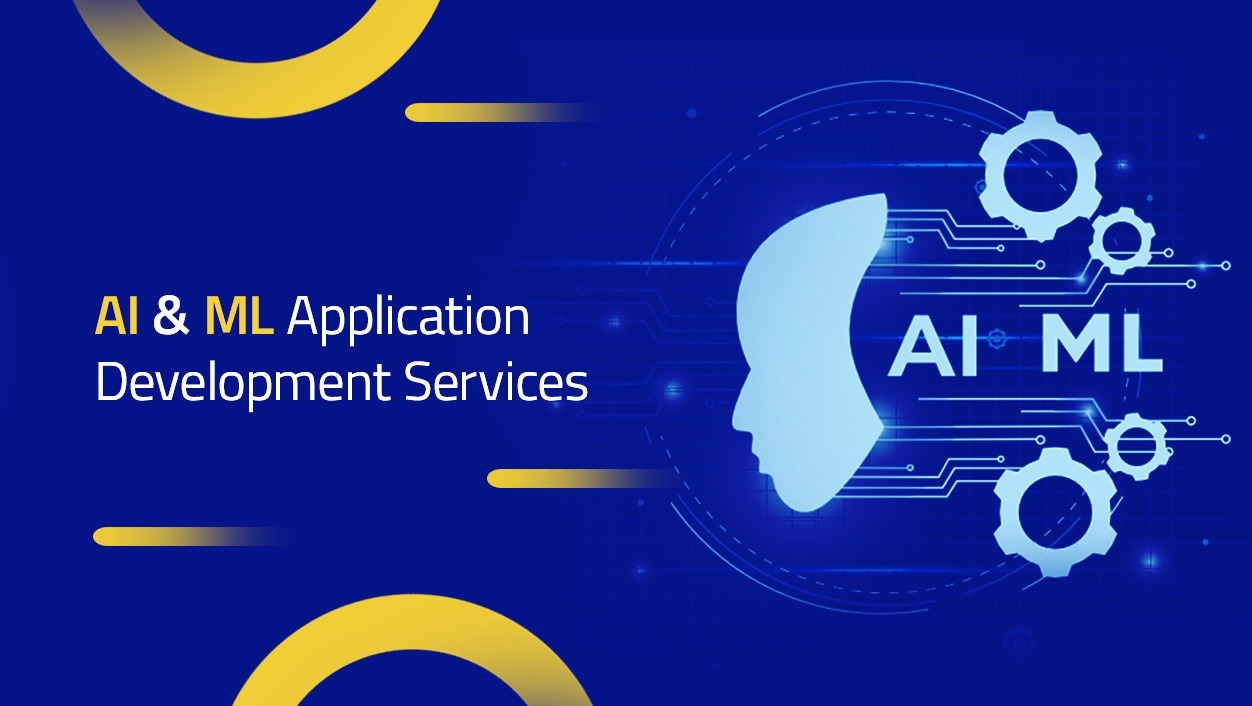
What Do AI and ML Development Services Actually Cover?
Let’s clear the air first.
AI (Artificial Intelligence) focuses on simulating human intelligence using machines. ML (Machine Learning), a subset of AI, uses algorithms to learn from data and improve over time without explicit programming.
AI and ML development services typically include:
-
Predictive analytics
-
Natural language processing (NLP)
-
Recommendation systems
-
Computer vision
-
Chatbot integrations
-
Process automation
-
Fraud detection systems
-
Data mining and pattern recognition
These services are not limited to tech giants anymore. Today, even a mid-sized performance marketing agency or eCommerce brand can access and implement AI into daily operations.
How AI is Transforming Website Development Solutions
AI and ML aren’t just back-end systems anymore, they are part of the front-end user journey. They influence everything from how websites look, how they load, how they respond, and how they sell.
Smarter UI/UX with Real-Time Data
Traditional web design relied heavily on aesthetics and intuition. But with AI, websites are now built using behavioral insights, heatmaps, scroll depth, click-throughs, session times.
AI-based design tools like Adobe Sensei and Bookmark use machine intelligence to recommend layouts, color palettes, and features that improve engagement.
Personalization Engines That Work
Today’s web users expect content that adapts to them, like location, interest, past behavior, and even emotional cues.
AI makes this possible with dynamic content rendering. Think personalized product recommendations, intelligent CTAs, and chatbots that remember your preferences.
Speed, Security, and Scalability
AI also supports:
-
Code optimization for faster load times
-
Security checks for vulnerabilities
-
Scalable hosting management using predictive load balancing
This is why modern website development solutions are increasingly powered by AI backbones.
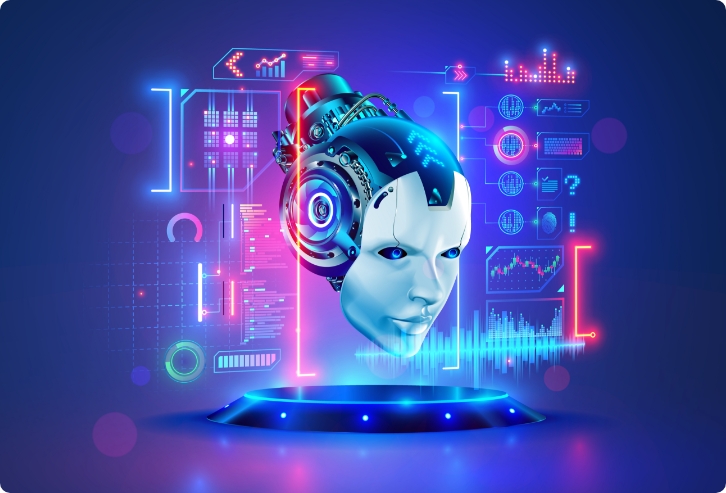
AI in Marketing: A Performance Revolution
Marketing has shifted from creative to predictive, and AI is at the center.
Here’s how it’s impacting even the most traditional performance marketing agency workflows:
Smarter Audience Targeting
AI tools like Meta Advantage+ and Google Performance Max don’t just serve ads. They learn. They test. They optimize.
ML algorithms predict which audience segment is most likely to convert, when to serve ads, and on which platform. The result? Lower CAC and higher ROI.
Automated Campaign Management
Gone are the days of manual bidding, A/B testing, and guesswork. AI tools can:
-
Auto-generate creatives based on performance
-
Dynamically adjust ad spend
-
Identify underperforming assets and recommend real-time fixes
Predictive Customer Journeys
With access to vast data sets, AI helps forecast user behavior and push custom journeys, from awareness to conversion.
This helps performance marketers time their strategies right, create conversion-based funnels, and reduce drop-offs.
AI and ML in E-commerce
E-commerce has arguably been the biggest winner in the AI transformation.
AI-Powered Product Recommendations
Amazon’s success with "Customers also bought" is well-known. But today, even small businesses can implement recommendation engines through plug-ins backed by ML algorithms.
This increases cart value, reduces bounce rate, and enhances customer satisfaction.
Visual Search and Voice Commerce
Platforms like Pinterest, Google Lens, and Shopify are investing heavily in visual search. Users can now search for a product using an image, not a keyword.
Similarly, voice search and voice-based transactions (via Alexa, Siri, Google Assistant) are being powered by NLP, creating new sales channels.
AI for Inventory and Supply Chain Management
ML models can predict demand trends, optimize inventory levels, and reduce deadstock or overstock issues. This not only saves money but also improves customer satisfaction through timely deliveries.
Revolution in Healthcare, Finance, and Real Estate
AI and ML development services are creating tailored tools for every industry:
-
Healthcare: Diagnosis assistance, patient record management, remote monitoring.
-
Finance: Risk scoring, algorithmic trading, KYC verification, fraud prevention.
-
Real Estate: Virtual tours, AI valuation, lead scoring, smart CRM follow-ups.
Modern website development solutions in these sectors now include backend integrations that connect these AI-powered services with client-facing platforms.
How AI is Impacting Content and SEO
AI isn’t just for developers and coders. It’s changing how we create and optimize content too.
SEO Gets Smarter
Google’s Search Generative Experience (SGE) uses AI to generate previews, summaries, and even answers directly in search results. That means traditional 10-blue-link SEO tactics won’t cut it anymore.
To stay visible, businesses need:
-
Structured, high-quality content
-
Authoritative backlinks
-
Semantic keyword clustering
-
Content that satisfies both humans and AI
Even a performance marketing agency must now understand prompt engineering and AI content structuring to win on SERPs.
AI Tools for Content Generation
Tools like Jasper, Copy.ai, and ChatGPT-4.5 are being used to generate:
-
Product descriptions
-
Meta titles and tags
-
Email copies
-
Blog outlines
But quality still matters. AI-generated content must be fact-checked, reviewed, and refined for tone and relevance.
Ethical Considerations in AI Development
With great power comes great responsibility.
AI systems, if not built ethically, can reinforce bias, compromise data, and make flawed predictions.
This is why companies now prioritize:
-
Transparent AI models
-
Explainability in ML decisions
-
Bias audits
-
GDPR and local compliance
Brands that embed ethics into their website development solutions not only reduce legal risks but also win consumer trust.
The Road Ahead: Merging Creativity with Intelligence
While AI can automate, predict, and optimize, human creativity still drives the why. The best outcomes are born when AI is used as a co-pilot, not a replacement.
Here’s what brands need to focus on in 2025:
-
Creative + Predictive: Let AI crunch numbers, while humans craft the story.
-
Automation + Empathy: Automate tasks, but never lose the emotional connection.
-
Tech + Trust: Build tools that are not only powerful, but also responsible.
How NJ Graphica Helps You Navigate the AI Landscape
At NJ Graphica, we don’t believe in gimmicks. We believe in results. Whether you're seeking website development solutions or working with a performance marketing agency, we integrate AI to unlock true performance, not just automate it.
Our team blends human creativity with technical intelligence to craft scalable, search-friendly, and story-driven digital solutions.
Let’s build your brand for the world of tomorrow. Today.




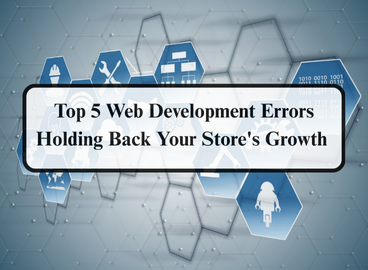
 5 months ago
5 months ago
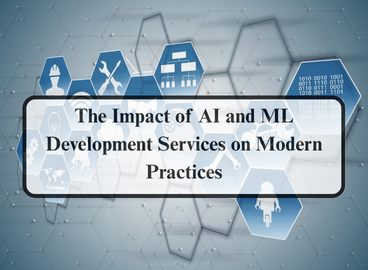



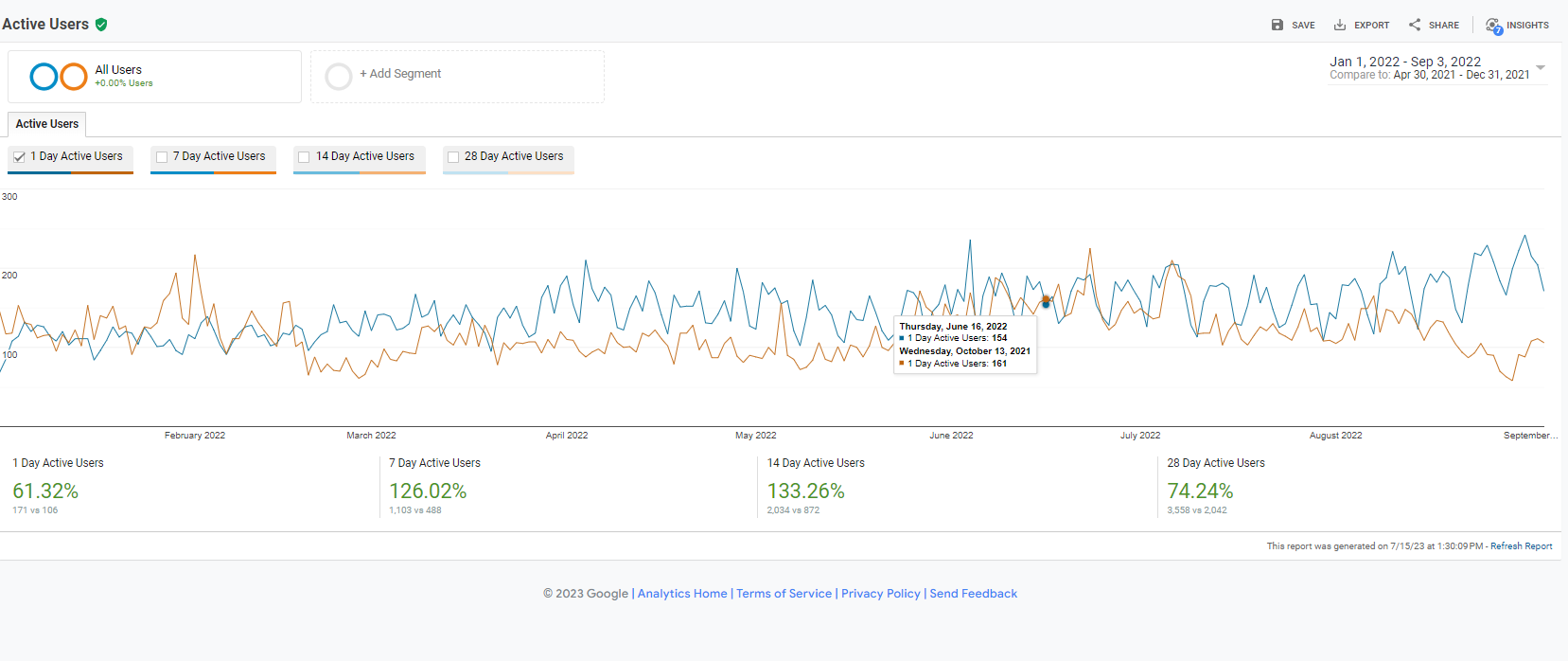
Comments